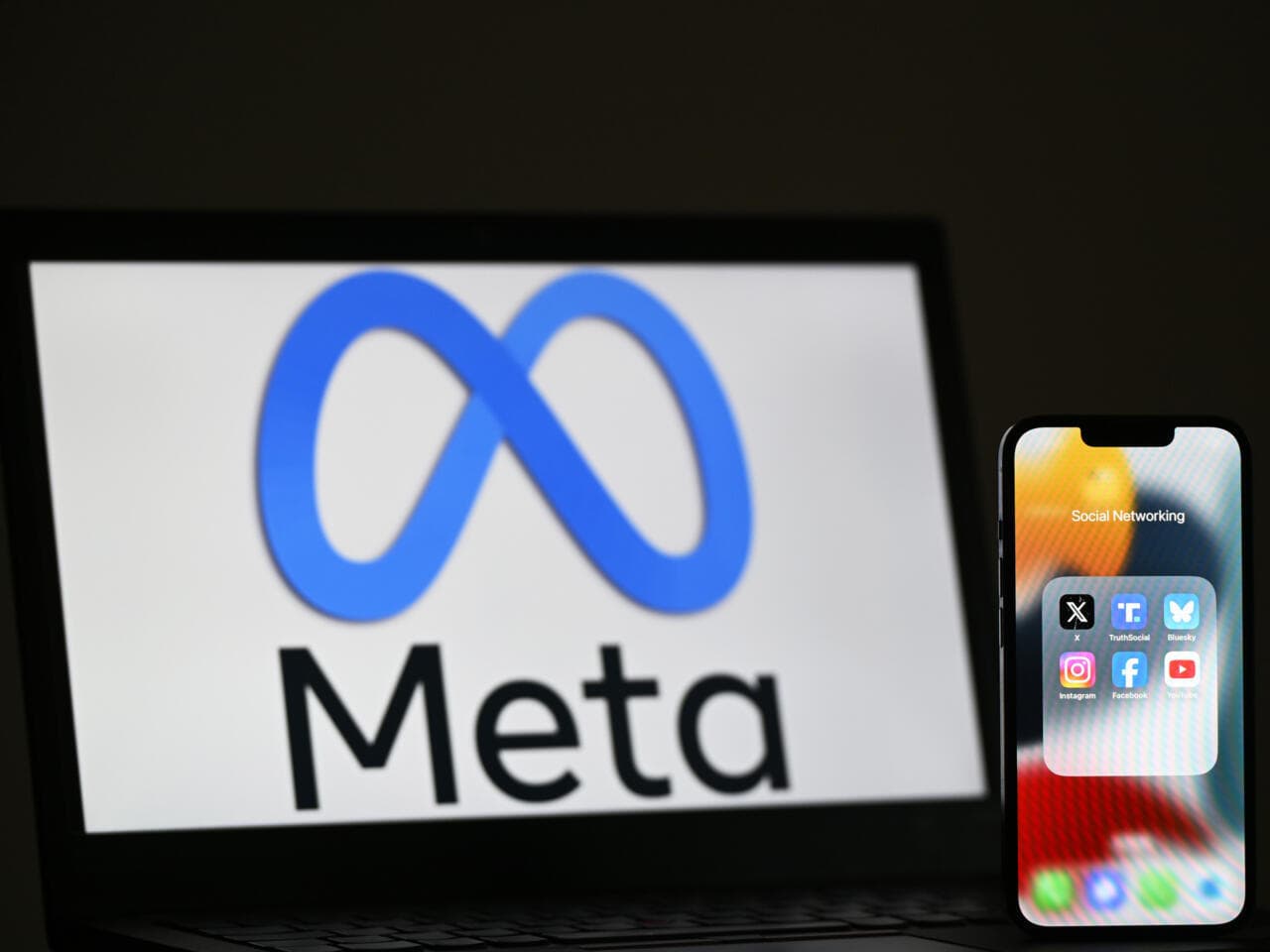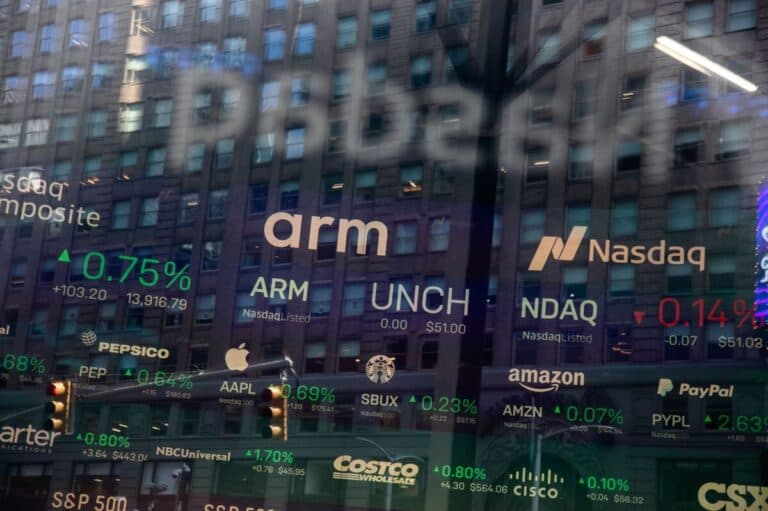Sundar Pichai Warns AI Investment Bubble Could Hurt Every Company
Alphabet and Google chief Sundar Pichai told the BBC there is "irrationality" in parts of the AI investment boom and warned that if an AI bubble were to burst no company would be immune, including Google. His comments arrive as investor enthusiasm for some AI related stocks cools after a year of rapid spending and soaring valuations, and they underscore growing questions about energy use, accuracy and societal impact as the technology scales.

Sundar Pichai, chief executive of Alphabet and Google, used a late November interview with the BBC to caution that exuberance around artificial intelligence may be outpacing sober assessment. He said there is "irrationality" in parts of the investment boom and warned that a collapse in AI valuations could ripple across the industry, affecting companies large and small.
The remarks come at a moment of transition in technology markets. After a year during which major firms accelerated spending on large language models and other generative AI tools, investor sentiment has softened for some AI related stocks. Analysts and investors have begun to weigh the pace of development against commercial returns, operational costs and regulatory risk. Pichai told the BBC that the industry must confront a set of practical constraints if AI is to expand sustainably.
Among the concerns he highlighted were energy consumption, accuracy and broader social impacts. Large scale models can require substantial compute and electricity to train and to operate at scale, creating both environmental and cost pressures. Accuracy remains an unresolved challenge for many systems, with errors and misleading outputs continuing to raise questions about reliability in high stakes settings. And as AI systems enter public life at greater scale, issues such as misinformation, bias and labor market effects have moved from theoretical debates to policy priorities.
A cautionary tone from one of the sector's most influential executives carries weight because Alphabet sits at the center of the AI investment ecosystem. Google has deployed AI across search, advertising and cloud services, and it has invested heavily in both internal research and external partnerships. Pichai's warning that no company would be immune if a bubble burst is a blunt acknowledgement that systemic shocks in technology markets can cascade through supply chains, investment networks and customer relationships.
Investors and company leaders will likely read the comments as a call for more disciplined capital allocation, clearer metrics for value, and improved public reporting on costs and impacts. For startups and smaller firms, the prospect of a broader market correction could mean tougher fundraising conditions and increased pressure to demonstrate near term revenue paths. For policymakers, the exchange underscores the need to balance support for innovation with safeguards that address environmental and societal risks.
Industry observers say a realistic approach to scaling AI will require better measurement of compute and energy costs, rigorous assessment of model performance in real world contexts, and coordinated efforts to mitigate social harms. If firms heed such advice, the transition to more productive and less speculative investment in AI could follow. If not, Pichai's warning suggests the sector may face a sharp reckoning that reshapes strategy, investment and public trust.


